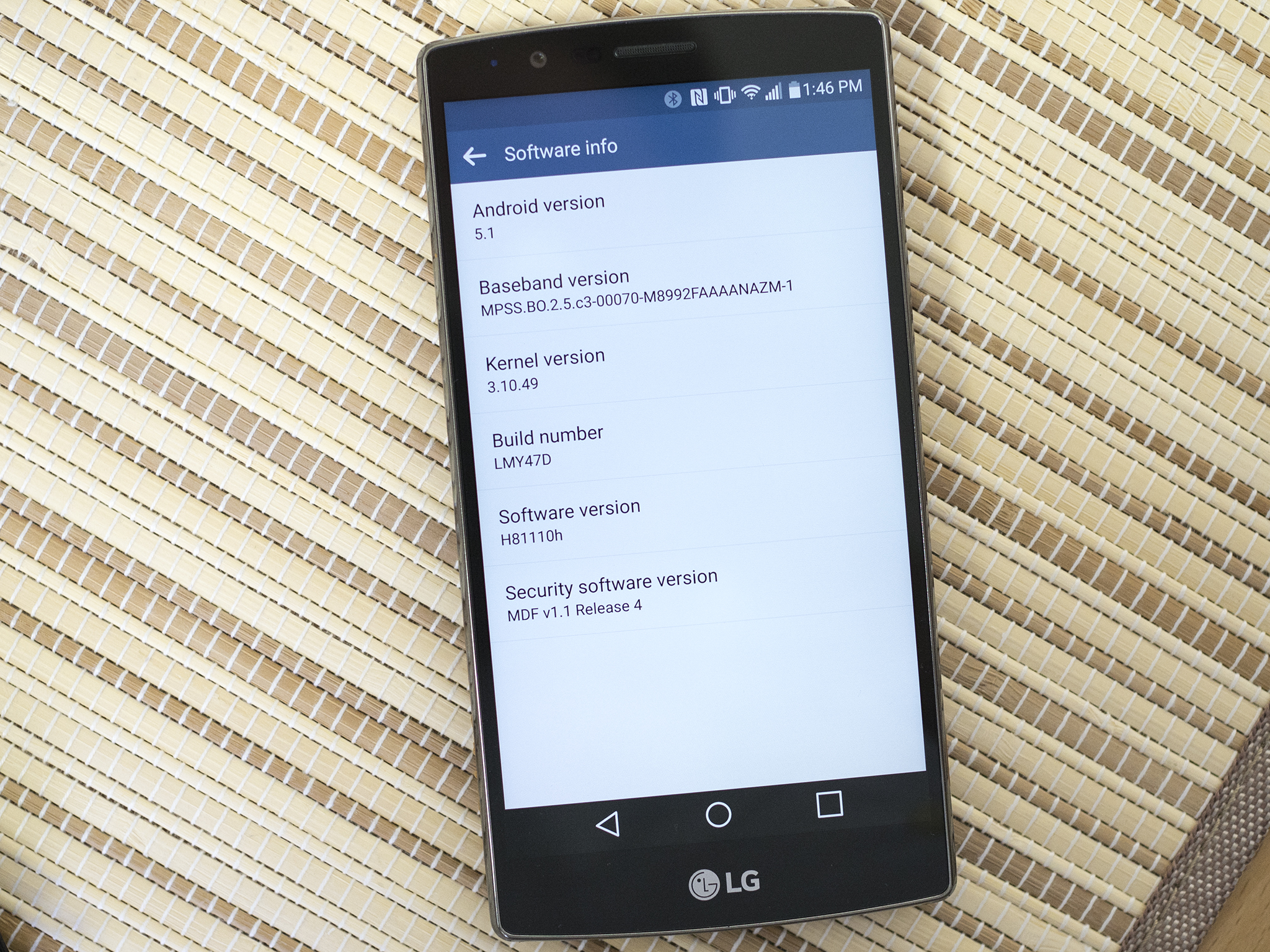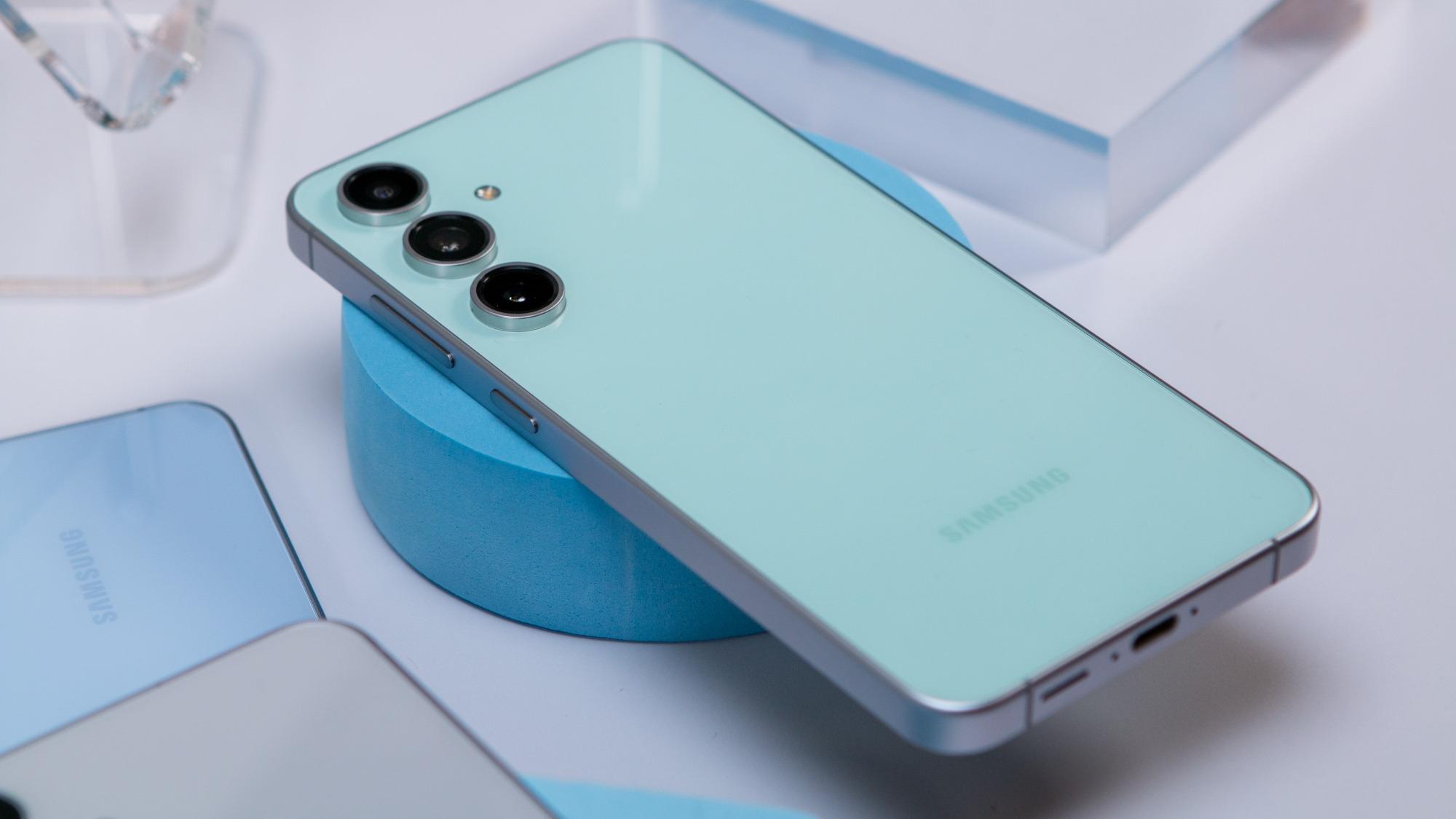Force-feeding an Android system update isn't helping anyone

Pop quiz for the smartphone manufacturers out there, and the U.S. operators that approve their over-the-air updates:
Which of the following times are OK to automatically apply a system update?
- First thing in the morning, when you're just getting caught up on the night's emails.
- Lunchtime, because what else would you need your phone for.
- After dinner, when you should be reading yourself to sleep with a nice book.
- When driving down the highway at 80 mph, phone plugged in to Android Auto.
The answer, of course, is NONE OF THE ABOVE.
But that's what folks have been dealing with this week as both AT&T and T-Mobile pushed out system updates for the LG G4.
We've always had a bit of a conflicted relationship with firmware updates, of course. On one hand, Android as a platform wasn't designed for there to be one update to rule them all. Google releasing code doesn't mean you'll magically get the latest and greatest version of Android on your phone by the end of the day. (Or even by the end of the year.) Android updates aren't easy. Ask any manufacturer about a maintenance release, as they're called, and they'll quickly tell you why they're not that much fun to do. So when we do get an update, we generally want it as soon as we can get it.
And while manufacturers are getting better at getting updates out more quickly after Google releases new code, that doesn't mean all is well. Far too often we hear about things breaking after an update. Maybe files are missing. Or apps suddenly don't work. Or, worse, your phone or tablet becomes unusable. It happens, and it's not good. So maybe waiting is good.
Updates either take forever to arrive, or they show up at the worst time. Detailed changelogs are a must, and we need to be able to delay an installation.
But we need to talk about this week's update to the LG G4, which received some sort of maintenance release. We're not entirely sure what's changed because we haven't seen any real changelogs for the 10h update. (T-Mobile, for what it's worth, buried in its support pages mentioned that the "mandatory" update "improves software stability." No more, no less.) And that's bad enough. Worse is that for many of us the update was pushed — and then installed — without any sort of warning on the phone itself. Hope you were on Wifi. Hope your phone was charged. (There's supposedly a check for that last one, but, again, transparency is key here.) Hope you were, ya know, in the middle of something important. On the phone or answering an email or playing a game or something. Me? I was right in the middle of No. 4 in that little quizzy above. Driving. Phone plugged and running Android Auto. Good thing wasn't relying on Google Maps just then, or I might have had to pull over for the 25 minutes it took for the update to install and the apps to re-cache.
Be an expert in 5 minutes
Get the latest news from Android Central, your trusted companion in the world of Android
That is simply unacceptable.
We asked AT&T and LG for comment. Both said they were checking on the update, but neither got back to us beyond that.
Here's how it's looked to folks in our forums. Said Espio of the 174-megabyte T-Mobile update to 10h:
Nice of them to push out this update without giving me the choice to take it now or later. Nothing like having your phone giving off a blinding bright screen in the middle of the night.
And while the AT&T update was much smaller, it still caught folks by surprise. Wrote ansextra:
I just got the update but wasn't given an option. I picked up the phone and saw a message that the update was successful. I guess I missed my 30 second window.
So if you actually saw the update notification, that's great. At least you had a little bit of a warning. If the phone updated itself overnight while you slept, well, that's still not great, but it's better than being interrupted, I suppose.
But LG, AT&T and T-Mobile need to know this: Mandatory updates are OK. (I get that folks would rather have complete control and reject updates if they want, but that's also something I wouldn't recommend.) But not letting us chose when to install them is just a short hop ahead of sending out an update that breaks things. Maybe this was just a one-time oversight. Maybe it'll never happen again. But it happened this time, and all the parties involved should know better.

